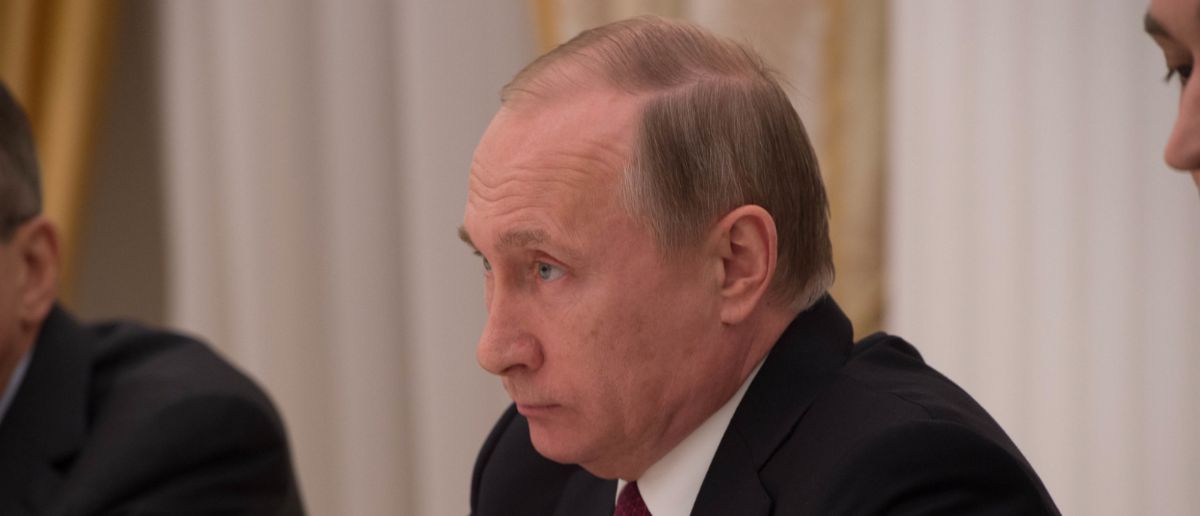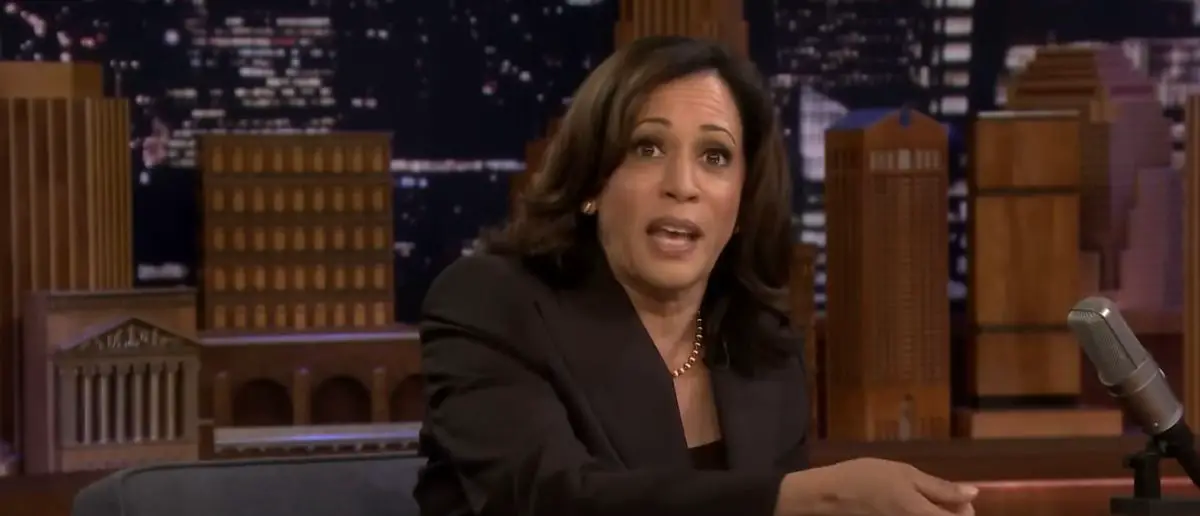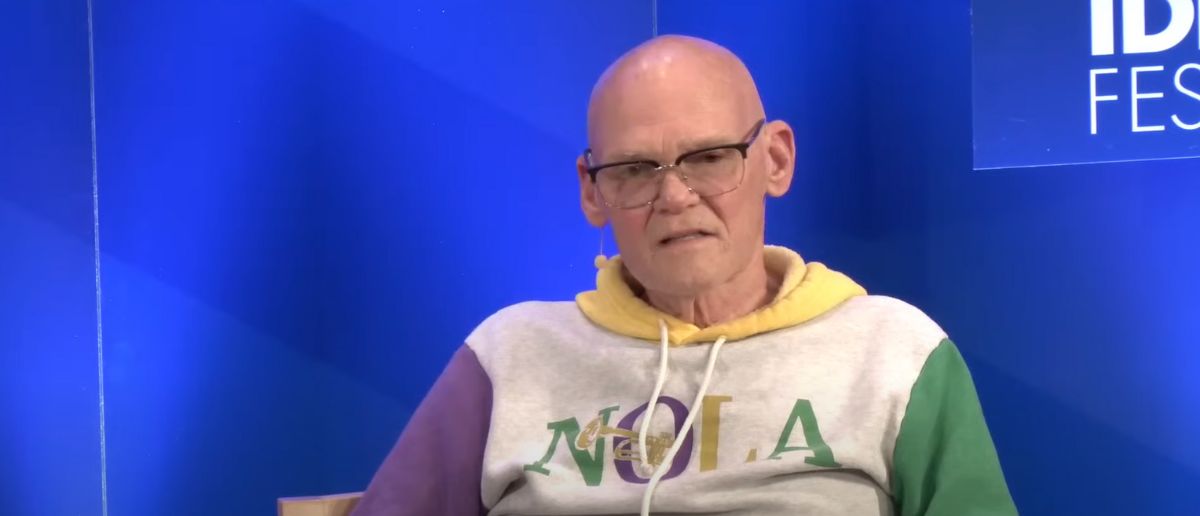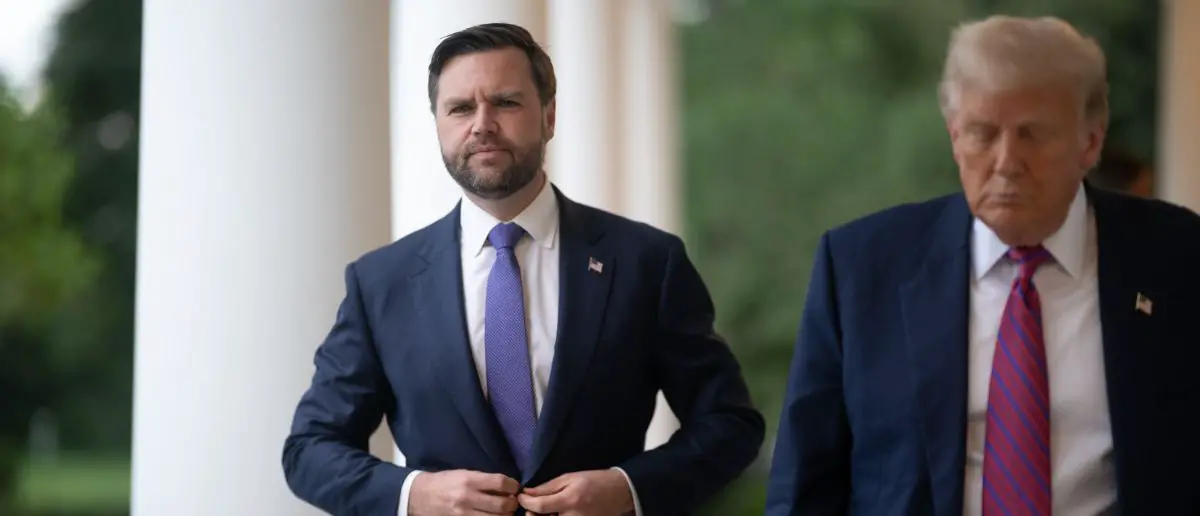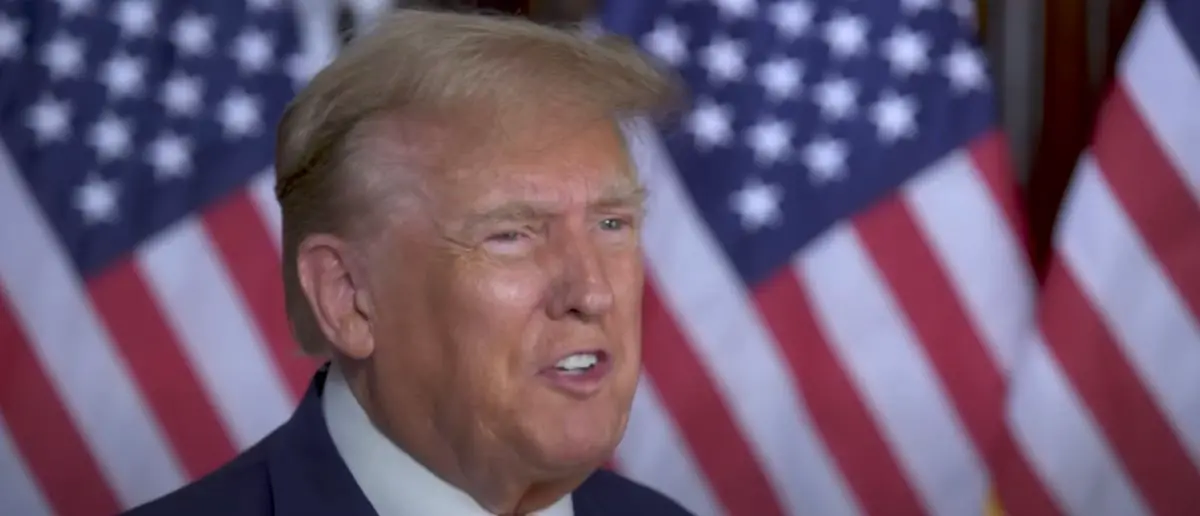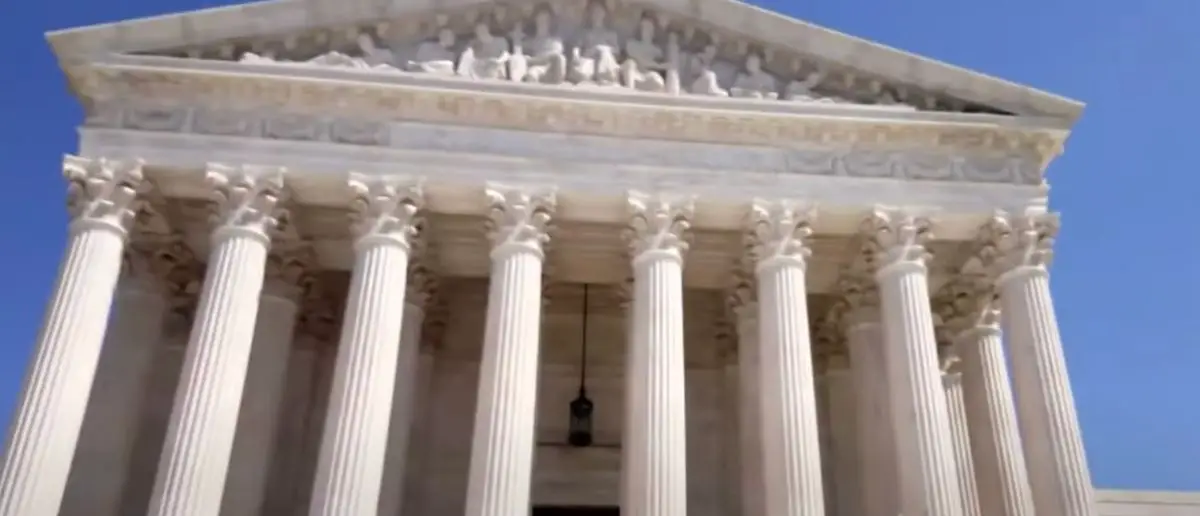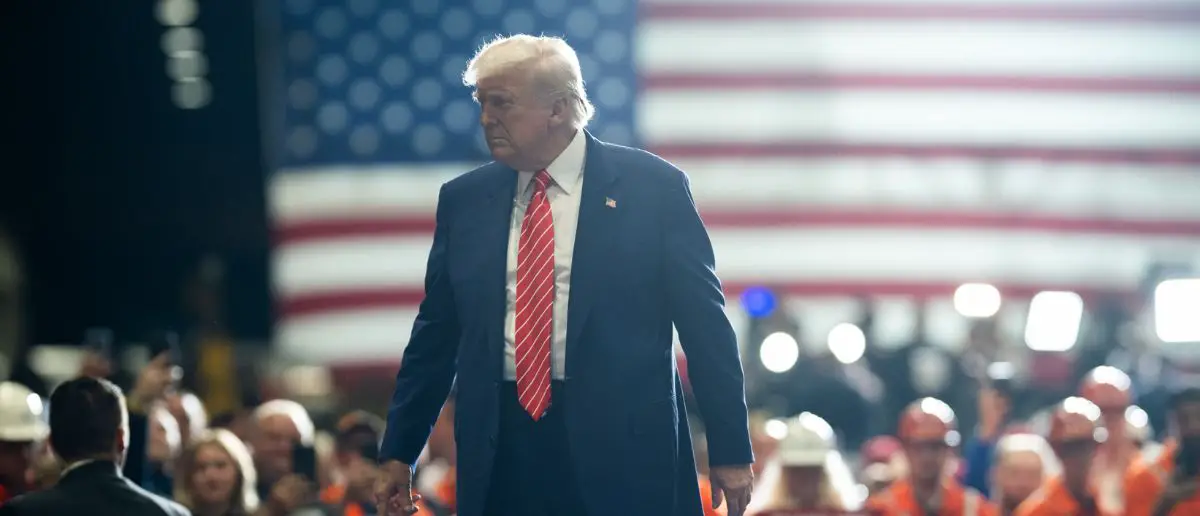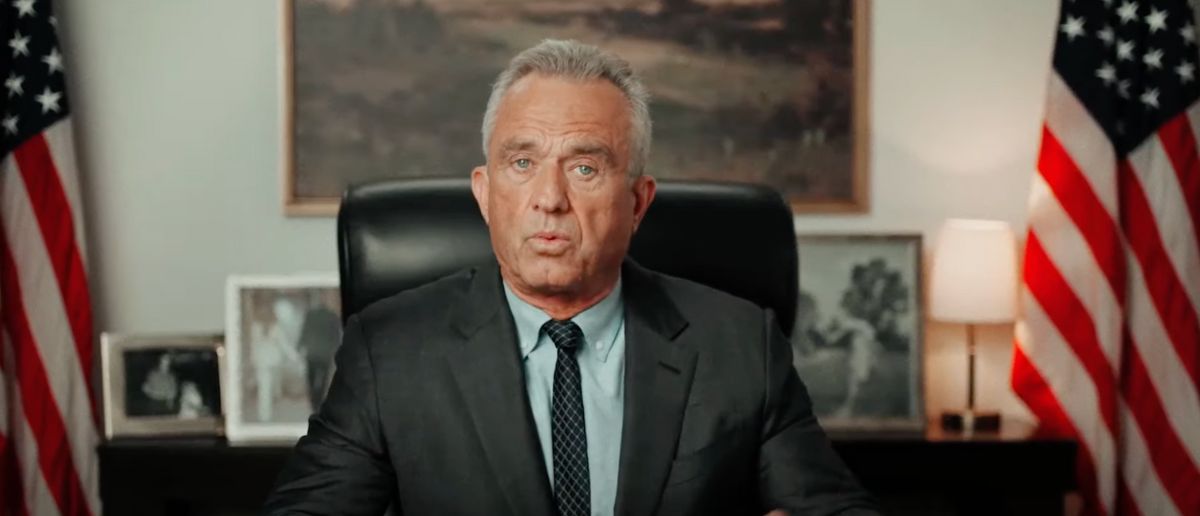The mainstream media tucked tail after Melania Trump forced them to eat their words
The First Lady keeps a low profile. But this really set her off.
And now the mainstream media tucked tail after Melania Trump forced them to eat their words.
Melania Trump Firmly Rejects Epstein Introduction Narrative
First Lady Melania Trump has taken a resolute stand against baseless claims that the late financier Jeffrey Epstein introduced her to President Donald Trump, showcasing her commitment to protecting her personal story.
In her 2024 memoir, Melania, she vividly recounts their first meeting at a New York City nightclub in September 1998, where Trump’s charm captivated her.
“From the moment our conversation began, I was captivated by his charm and easygoing nature,” she wrote, noting she took his phone number and called him days later.
Her legal team swiftly challenged a false narrative from author Michael Wolff, who claimed in a book that Epstein, who died by su*cide in 2019 while facing s*x trafficking charges, played a role in their introduction.
The Daily Beast retracted an article echoing Wolff’s claims after Mrs. Trump’s attorney intervened, with an editor’s note apologizing for “any confusion or misunderstanding,” affirming her effective response to misleading reports.
Swift Legal Action Secures Public Apologies
On August 1, Democratic strategist James Carville appeared in a YouTube video titled “The Epstein Connection: Trump and Melania,” alongside Al Hunt and Judd Legum, insinuating ties between the Trumps and Epstein.
Mrs. Trump’s legal team promptly sent a letter, leading Carville to remove the video and issue a public apology.
“He took issue with our title of one of those YouTube videos from that episode and a couple of comments I made about the First Lady,” Carville posted on social media.
“We took a look at what they complained about and took down the video and edited out those comments from the episode. I also take back those statements and apologize.”
Countering Political Narratives Amid Epstein Investigations
Democrats have pushed a narrative linking President Trump to Epstein, claiming he is withholding government files to avoid scrutiny, despite his well-documented fallout with Epstein in 2004.
Mrs. Trump’s memoir and legal efforts underscore her independence from these political attacks, focusing on her authentic account of meeting Trump.
The Justice Department and House Republicans are actively investigating Epstein’s network, which included high-profile figures like the Clintons, Prince Andrew, and Bill Gates, to identify those involved in his crimes.



